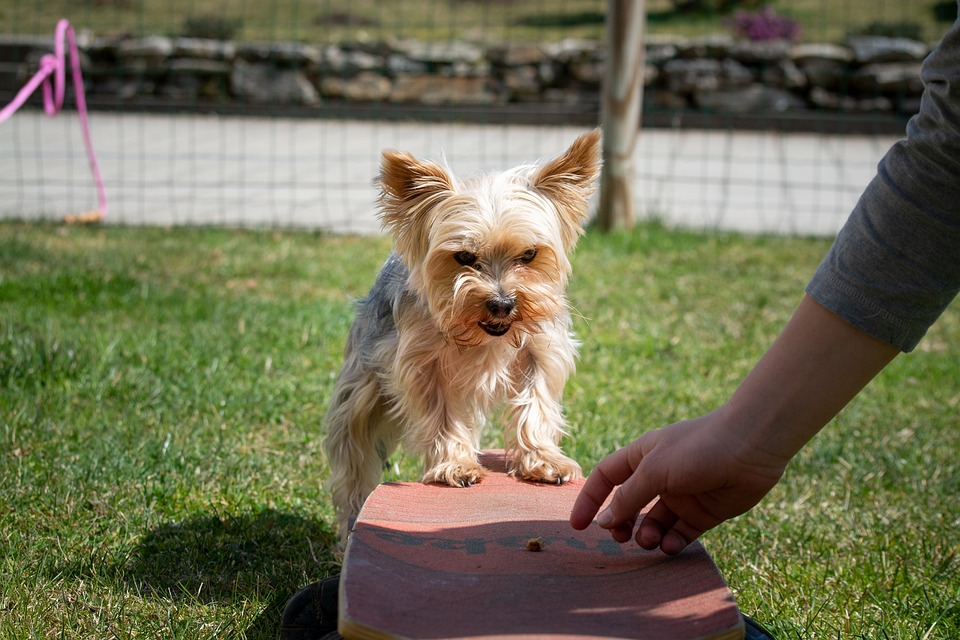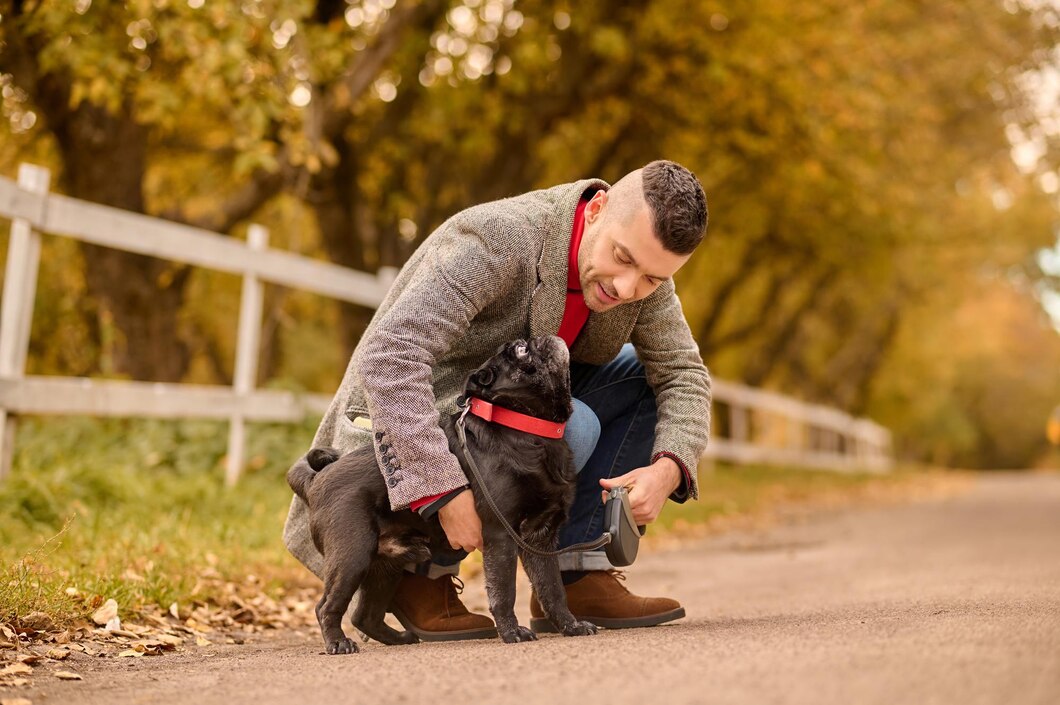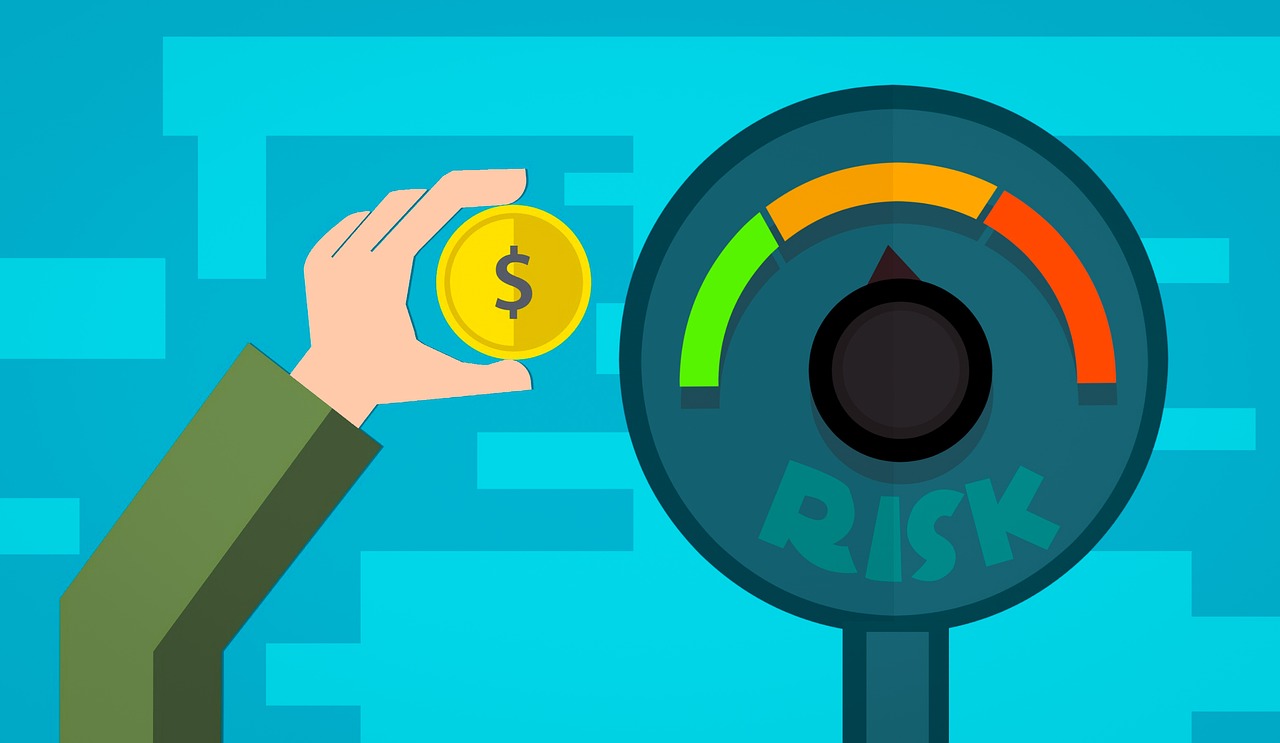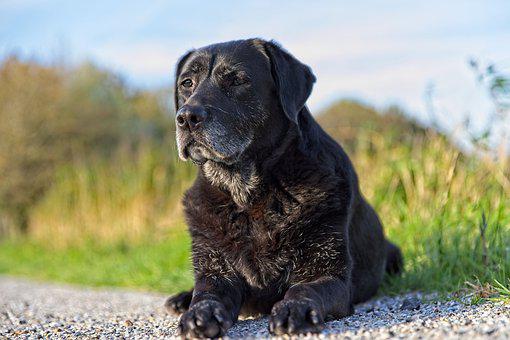
The process of aging is accompanied by inevitable changes in our body, which usually result in occurring health problems. It is the same with dogs. Older dogs are naturally more prone to health conditions than their younger acquaintances, which requires their owners to take special care of them.
In today’s article, we will let you know what the most common health problems in older dogs are so that you can take timely action as needed.
First, let’s explain when a dog s considered a “senior”.
When a Dog Becomes a Senior?
In general, it depends on the breed. Small breeds live longer and are considered seniors at the age of 10-12 years. Medium-sized breeds become seniors at the age of 8-9 years, while larger breeds are considered seniors at the age of 6-7 years.
However, as a general rule, we can say that the age of 7 years is the age that dogs are considered seniors.
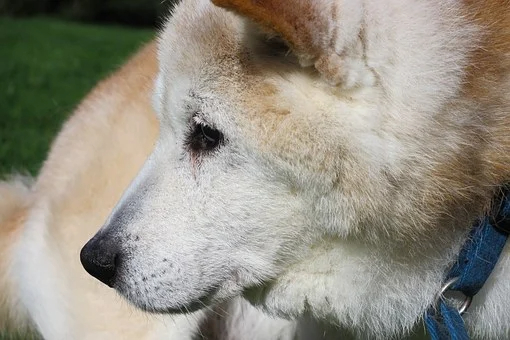
Common Health Conditions in Senior Dogs
1. Joint Issues
Unlike puppies, elderly dogs are less active and their energy level decreases-this happens more apparently between the age of 7 and 12 years. Although these age-related changes are normal, too low activity levels might be a sign of joint problems such as osteoarthritis (the so-called degenerative joint disease). This condition occurs when the cartilage that protects the ends of the bones, wears out. The joints that are responsible for weight-bearing are usually most affected, such as the knees, hips, and shoulders.
You should supervise your dog to be able to recognize early signs of this condition like decreased energy level, reluctance to exercise, or play, and difficulties changing his/her position (get up, sit down). Loss of balance and stiffness are other symptoms of joint issues. Common joint problems in senior dogs are hip/elbow dysplasia.
A healthy diet and appropriate exercise are a necessity for dogs with joint problems. Joint supplements, such as omega-3 fatty acids, fish oil, and glucosamine, will reduce the pain and discomfort that your dog may feel. Depending on the severity of this condition, a medication that relieves inflammation and injections may be prescribed.
Environmental management would be necessary as well. You may want to set up a comfortable area for your dog that includes his/her favorite toys, and soft and cuddly items like a blanket, your old T-shirt, cushions...etc. You also should pay attention to the sleeping area of your paw friend, as it should be warm and located in a spot in your home that is not draughty.
Since Arthritis maybe not so obvious (if it is in a mild form), you should not neglect the annual checks of our paw friend at the veterinarian's office.
2. Vision Loss
Visual impairments may occur in senior dogs due to the process of degeneration. Such issues can be cataracts (the process of clouding the clear lens of the eyes / or one of the eyes), glaucoma (eye conditions that damage the optic nerve), macular degeneration (a condition that affects the macula, which is the central part of the retina)...etc.
Fortunately, some conditions can be treated through medical therapy or surgery.
We should not forget, that dogs have a great sense of smell and hearing skills that help them navigate the surroundings, even when dealing with visual impairments. If you think that your dog may have visual issues, you should be very careful and always supervise him/her, especially when outdoor. Also, we do not recommend that you implement any changes in the environment of your dog at home, as he/she is already familiar with it and can navigate easier.
3. Hearing Loss
If you notice that your senior dog has stopped responding to verbal commands as well as he/she used to, this might be a sign of hearing issues. Dogs still can read your body language and be trained to respond to non-verbal cues. However, you may want to train your paw friend to recognize hand signals as well. Hearing loss usually begins with losing the ability to detect certain frequencies.
4. Cancer
Growths, bumps, and lumps are likely to occur the older your dog gets. Luckily not all of them are malignant. Unfortunately, researchers state, that cancer is one of the most common causes of death in senior dogs. It is crucial for your paw friend’s health that you do not neglect the annual veterinarian checks. The earlier a diagnosis is made, the better your paw friend’s chances to survive are. Treatment based on the stage of cancer and its type will be administered by the veterinarian.
5. Canine Cognitive Dysfunction (CCD)
Dogs affected by this syndrome may experience disorientation, anxiety, decreased ability to learn new skills, decreased willingness to play, excessive licking...etc. Also, your paw friend may become unable to navigate in familiar surroundings. Sleep disorders, decreased activity level, and changes in the interaction with you are other symptoms of this condition.
Unfortunately, CCD can not be cured or reversed, but medication and treatment still can be prescribed. You should know that CCD requires lifetime support.

6. Heart Problems
Heart conditions such as congestive heart failure and heart murmurs are likely to occur with the process of aging.
By the first term: “congestive heart failure” is meant a condition that affects the ability of the heart to efficiently pump blood. As a result of this condition, fluid builds up in the heart and may reach the lungs and chest cavity as well. CHF is usually accompanied by vomiting and difficulties breathing. Loss of consciousness may occur as well.
Heart murmurs, on the other hand, are sounds, produced by blood flowing through the heart. Often they can not be easily recognized, that is why regular veterinarian checks should not be neglected. Moreover, this condition might not always be age-related, but be inborn.
It is important to note that treatment depends on the cause, which might be psychological or physiological. If it is psychological, owners should supervise their paw friends to make sure that additional problems in the future will not occur. A heart murmur caused by an underlying issue may be treated with medication, changes in the diet, or lifestyle in general, as well as supportive care. Surgery may be administered as well.
7. Gastrointestinal Issues and Incontinence
Signs of digestive issues can be vomiting, diarrhea, constipation, fatigue, lethargy, loss of weight, dehydration, and fever. These health problems might be caused by stress, infection, toxic ingestion, gastric dilatation, pancreatitis...etc. However, If the symptoms do not go away within a few days, they could be signs of more serious underlying health conditions, such as kidney disease, liver disease or diabetes.
Treatment depends on the cause of the issue and may also include surgery and supportive care.
Loss of bladder control is another condition, that may occur with the process of aging. Incontinence can point to a more serious problem such as dementia or infection of the urinary tract. It is important that you keep your paw friend’s skin clean and do not let it get infected.
Medication and surgery might be prescribed as part of the treatment for this condition.
8. Obesity
The older dogs get, the less active they are likely to become. You should keep track of your dog’s weight as obesity can have a very negative impact on his/her health. Obesity worsens joint issues, due to the excess weight that your dog’s joints carry, as well as heart problems. Also, obese dogs are more likely to have diabetes or other serious health conditions.
You should feed your beloved paw friend with food suitable for his/her age, breed, and lifestyle. If you are not sure what food might be the best one for your dog, you should consult a veterinarian.
9. Kidney Disease
Kidney disease is a common issue in older dogs, that worsens over time starting with renal (kidney) insufficiency and ending with complete renal failure. Symptoms of this condition can be nausea, fatigue, decreased appetite, ulcers in the mouth, overall weakness, and too frequent urination.
Chronic renal failure can not be cured, that is why regular veterinarian visits and early determination of the issue are crucial for your dog’s health. Fortunately, if detected early and treated properly i.e. through medication, kidney dialysis, fluid therapy, and a healthy diet, your dog may fully recover.
10. Dental Issues
Almost all senior dogs are affected by dental issues, such as periodontal disease. Many owners neglect their paw friends’ oral hygiene without realizing that periodontal disease can make the general process of eating very difficult for their dog, and infect his/her gums and bones. Also, dental issues that are not treated in a timely manner can cause bacteria to reach the dog’s bloodstream and infect his/her organs.
If you notice that your dog has difficulties chewing harder food, decreased appetite, or is likely to paw at his/her mouth, you may need to consult a veterinarian. Excessive drooling and irritated gums are other symptoms of dental issues.
Keeping your dog on a healthy diet, investing time in exercising him/her, playing with him/her, and bringing him/her to regular veterinarian examination are essential for his/her general well-being and life quality.




